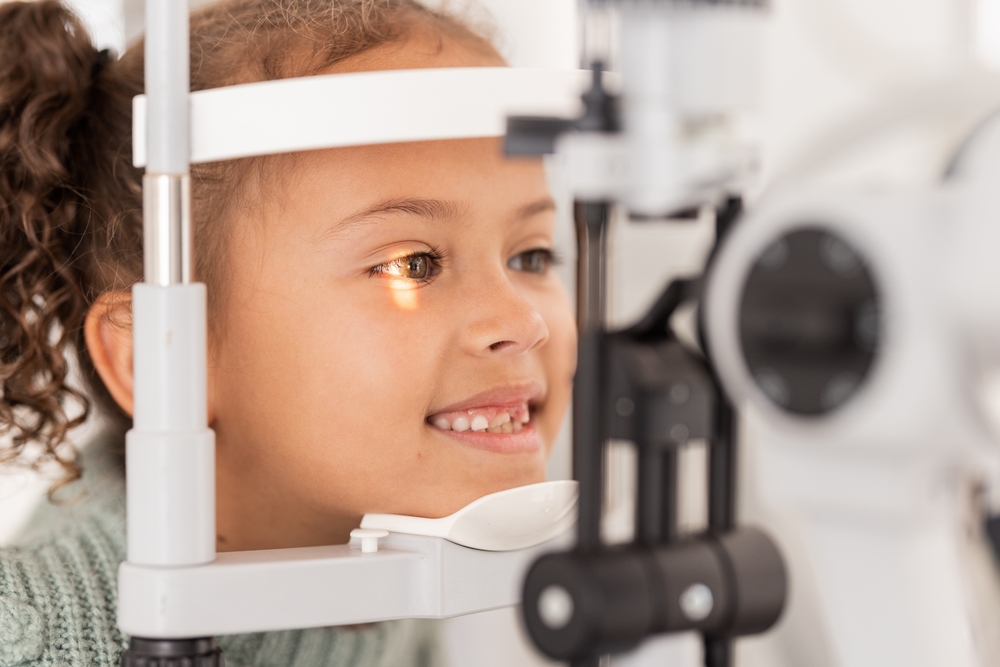How Often Should Children's Eyes be Checked?

Children's eye health is as important as their general health. Their eyes are still developing and are more susceptible to certain conditions such as lazy eye (amblyopia), crossed eyes (strabismus), or color blindness. These conditions—if not detected and treated early—can lead to long-term vision problems.
Many people underestimate the significance of eye health, not realizing that vision problems can impact a child's learning and development. It's not just about seeing clearly; it's about how the eyes interact with the brain, how they move and focus, and how they perceive colors and depth.
The Importance of Regular Eye Exams for Children
Eye exams for children are not only essential for detecting vision problems but also for ensuring overall health. Children's eyes can reveal clues about diseases that may affect the rest of the body. Regular eye exams can catch problems early when they're most treatable.
A comprehensive eye exam assesses not just visual acuity, but also eye alignment, depth perception, color vision, and overall eye health. It may catch early signs of serious health conditions such as diabetes, high blood pressure, or even brain tumors. These are reasons why regular eye exams are important for your child's overall health and well-being.
Children might not realize or be able to express that they're having vision problems. They might not know what "normal" vision looks like. Regular eye exams can help detect these problems and ensure that your child is seeing clearly. With the right corrective measures, such as glasses or contact lenses, your child can perform better in school and in other daily activities.
The Benefits of Regular Eye Exams
One of the top benefits of regular eye exams for children is the early detection and treatment of vision problems. This can make a significant difference in a child's life, preventing them from struggling unnecessarily with their vision.
Another benefit is that it ensures your child’s visual skills – such as eye movement control, peripheral awareness, and hand-eye coordination – are developing correctly. These skills are crucial for sports, driving, and many other aspects of life.
These eye exams can also help your child succeed academically. Studies show that 80 percent of what children learn in school is presented visually. Having good vision can directly impact their academic performance and social interaction.
How Often Should Children's Eyes be Checked?
The American Optometric Association recommends that children have their eyes examined at 6 months, 3 years, and before first grade. After that, children should have an eye exam every year.
However, these are just guidelines. Your optometrist may recommend more frequent exams based on your child's specific needs. Children with a family history of eye disease, premature birth, developmental delays, or who have had an eye injury may need more frequent exams.
Additionally, vision screenings offered at schools are not a substitute for comprehensive eye exams. They can miss up to 75% of vision problems in children. Always consult with an optometrist for a thorough eye examination.
The Lifelong Value of Regular Eye Exams for Children
Eye exams for children are essential to ensure their visual health and overall well-being. The benefits of regular eye exams are plentiful: early detection and treatment of vision problems, ensuring proper development of visual skills, and contributing to academic success.
Always consult with your optometrist to determine what’s best for your child. Caring for your child's vision is a long-term investment that can have a lifelong impact. It can shape their educational, professional, and personal lives. Start early, and make regular eye exams a part of your child's healthcare routine.
If your child is ready to have their eyes checked, visit St. Marys Family Eyecare at our St. Marys, Ohio office. We provide excellent eye care service for the whole family. Call (419) 800-0400 to schedule an appointment today.






